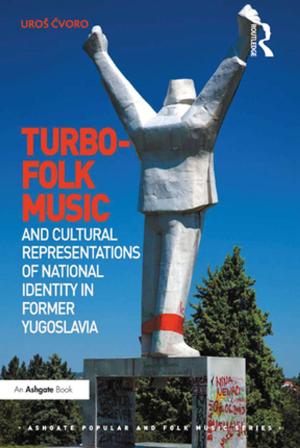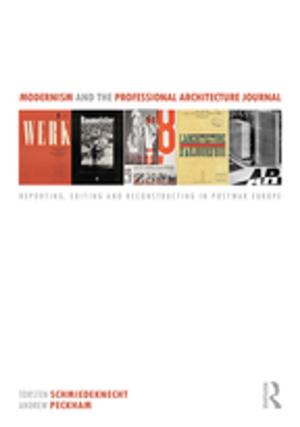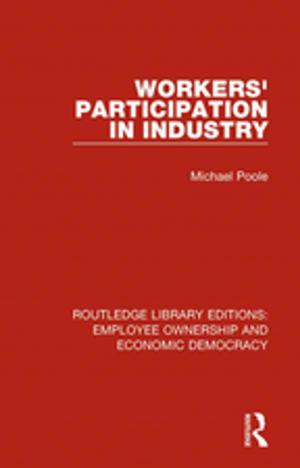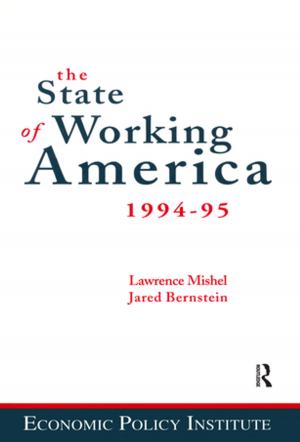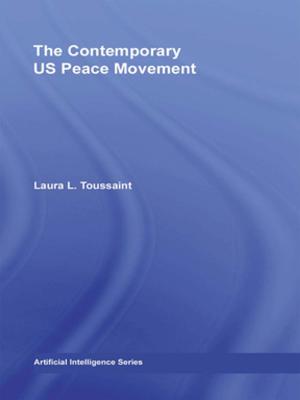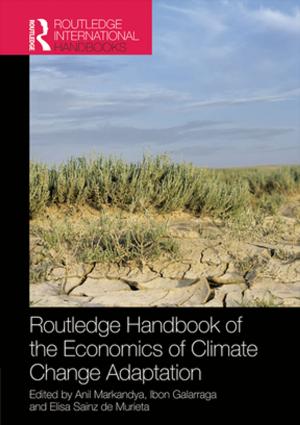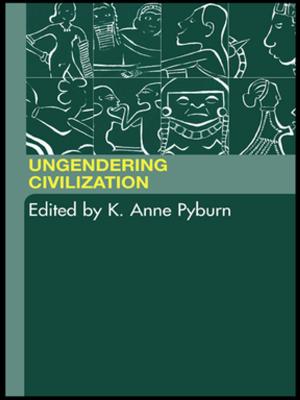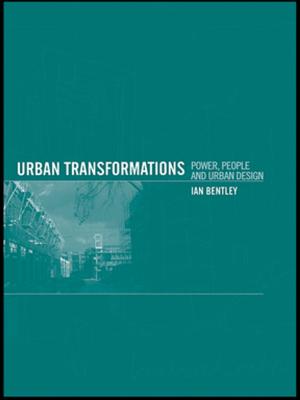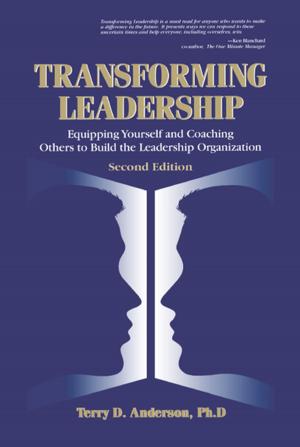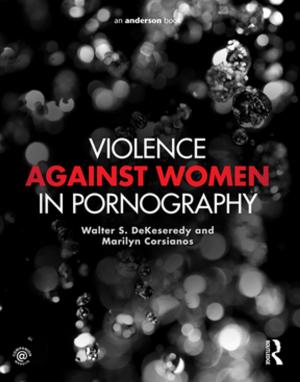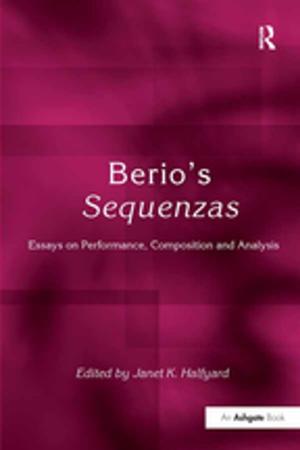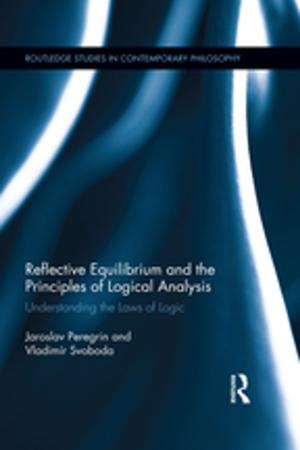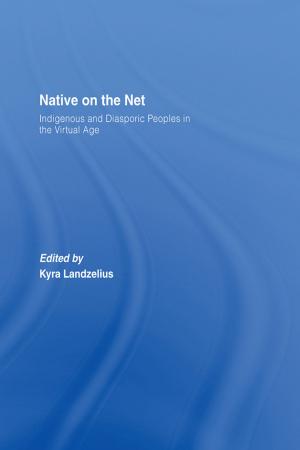Knowledge, Control and Critical Thinking in Singapore
State ideology and the politics of pedagogic recontextualization
Nonfiction, Reference & Language, Education & Teaching, Educational Theory, Curricula, Educational Reform| Author: | Leonel Lim | ISBN: | 9781317499961 |
| Publisher: | Taylor and Francis | Publication: | September 7, 2015 |
| Imprint: | Routledge | Language: | English |
| Author: | Leonel Lim |
| ISBN: | 9781317499961 |
| Publisher: | Taylor and Francis |
| Publication: | September 7, 2015 |
| Imprint: | Routledge |
| Language: | English |
This book examines how critical thinking is regulated in Singapore through the process of what the influential sociologist of education Basil Bernstein termed "pedagogic recontextualization". The ability of critical thinking to speak to alternative possibilities and individual autonomy as well as its assumptions of a liberal arrangement of society is problematized in Singapore’s socio-political climate. By examining how such curricular discourses are taken up and enacted in the classrooms of two schools that cater to very different groups in society, the book foregrounds the role of traditional high-status knowledge in the elaboration of class formation and develops a critical understanding of post-developmental state initiatives linked to the parable of modernization in Singapore.
Knowledge, Control and Critical Thinking in Singapore offers chapters on:
• Critical Thinking and the Singapore State: Meritocracy, Illiberalism and Neoliberalism
• Sacred Knowledge and Elite Dispositions: Recontextualizing Critical Thinking in an Elite School
• Power, Knowledge and Symbolic Control: Official Pedagogic Identities and the Politics of Recontextualization
This book will appeal to scholars in comparative education studies, curriculum studies and education reform. It will also interest scholars engaged in Asian studies who are struggling to understand issues of education policy formation and implementation, particularly in the areas of critical thinking and other knowledge skills.
This book examines how critical thinking is regulated in Singapore through the process of what the influential sociologist of education Basil Bernstein termed "pedagogic recontextualization". The ability of critical thinking to speak to alternative possibilities and individual autonomy as well as its assumptions of a liberal arrangement of society is problematized in Singapore’s socio-political climate. By examining how such curricular discourses are taken up and enacted in the classrooms of two schools that cater to very different groups in society, the book foregrounds the role of traditional high-status knowledge in the elaboration of class formation and develops a critical understanding of post-developmental state initiatives linked to the parable of modernization in Singapore.
Knowledge, Control and Critical Thinking in Singapore offers chapters on:
• Critical Thinking and the Singapore State: Meritocracy, Illiberalism and Neoliberalism
• Sacred Knowledge and Elite Dispositions: Recontextualizing Critical Thinking in an Elite School
• Power, Knowledge and Symbolic Control: Official Pedagogic Identities and the Politics of Recontextualization
This book will appeal to scholars in comparative education studies, curriculum studies and education reform. It will also interest scholars engaged in Asian studies who are struggling to understand issues of education policy formation and implementation, particularly in the areas of critical thinking and other knowledge skills.

